Description
In 2011 Missouri was one of eight states awarded a Partnerships in Employment (PIE) grant funded through the U.S. Department of Health and Human Services, Administration for Community Living, Administration on Intellectual and Developmental Disabilities (I/DD). The primary goal of Show-Me-Careers is to scale-up effective practices that support the seamless transition from school to inclusive employment or post-secondary education for youth and young adults ages 16-30 with intellectual and developmental disabilities. Initiatives of the grant are led by a consortium of state agencies who developed a set of Guiding Principles that serve as the foundation for scaling-up transition to employment activities. Eight pilot communities throughout the state were chosen by the consortium to demonstrate effective practices that increase seamless transition through the development of community specific work plans tailored to their local needs and available resources. Show-Me-Careers focuses on improving the policies, practices, and funding that affect the transition from secondary to post-secondary education or employment as well as strengthening collaborations among systems at the state and community levels that lead to better employment outcomes for individuals.
- Project Contact – Tom McVeigh, 816.235.1750
- Project Period – 2011-2016
- Annual Funding – $2,190,000
- Funding Source – Administration on Intellectual and Developmental Disabilities
Core Functions
Applied Research
UMKCIHD conducts project evaluations at the state and community level in areas such as state collaborative system key indicators of high performing states, quality indicators related to project Guiding Principles, and project outcomes and barriers. Evaluation data is reviewed by the project consortium and is used to guide further project activities and technical assistance provided at the community level.
Community Services and Supports
UMKC IHD and the project’s Consortium provide guidance and technical assistance to the project pilot communities to support scaling-up of evidence based practices on the community level. The agencies represented on the project Consortium also address needed change at the broader system level through improved collaboration, policies, funding, and practices that support transitions to employment.
Information Dissemination
The project disseminates information through a variety of mediums and products including an online resource repository on the project’s website and marketing materials highlighting the project’s Guiding Principles which are disseminated at meetings with key stakeholders and community level trainings. Information and technical assistance are also provided through a monthly webinar series which highlights effective practices for seamless transition to the pilot communities.
Interdisciplinary Personnel Preparation
The project provides a forum for students interested in transition to work on various project initiatives and engage with state level Consortium members.
Program Need and Historical Context
Individuals with I/DD experience some of the highest rates of unemployment and in Missouri there are fewer individuals with I/DD employed in inclusive settings then the national average. Employment outcomes are increased when strong partnerships increase between families, schools, agencies, and providers. Active business partnerships increase integrated employment outcomes for individuals with I/DD. Additionally, youth and young adults with I/DD benefit from opportunities to explore career preferences and gain work experience before they leave high school.
Significant Project Activities and Outcomes
The following community and systems level outcome objectives guide project activities:
- Community Level outcome objectives
- Increased number of businesses providing early work experiences and/or inclusive employment to youth with I/DD
- Increased number of youth and young adults with I/DD who explore work and career preferences and opportunities through participation in a variety of early community work experiences
- Increased collaboration and coordination of resources at the community level
- Increased number of youth with I/DD who transition seamlessly to inclusive employment
- System Level outcome objectives:
- Improved policies, funding, and practices that support access to employment
- Increased application of evidence-based principles
- Collaborations, funding, policies, and procedures are scaled up and sustained
Institute’s Role
- Developed the grant application
- Provide overall project management, staffing, reporting, and serves as the fiscal agent
- Evaluate project outcomes
- Serve as a member of the Consortium Leadership Team
- Lead development of project reports, planning tools, and other products
Products
- Project website and online national and state resource repository
- Evaluation tools including state and local levels of Collaboration and Guiding Principles Survey
- Pilot Community Planning Guides
- Marketing materials and information
Impact
System
Increased cross systems collaboration and improved policies, funding, and procedures that support access to employment.
Community
An increase in knowledge and use of effective transition to employment practices.
Individual
An increase in individuals with I/DD that transition to integrated employment.
Show-Me-Careers Consortium
- UMKC Institute for Human Development (lead organization)
- Associated Industries of Missouri
- Missouri Developmental Disabilities Council
- Missouri Division of Developmental Disabilities
- Missouri Division of Workforce Development
- Missouri Office of Adult Learning and Rehabilitation (Vocational Rehabilitation)
- Missouri Office of Special Education
- People First of Missouri


